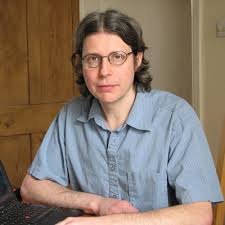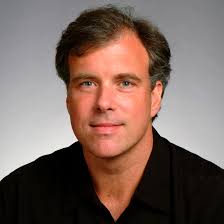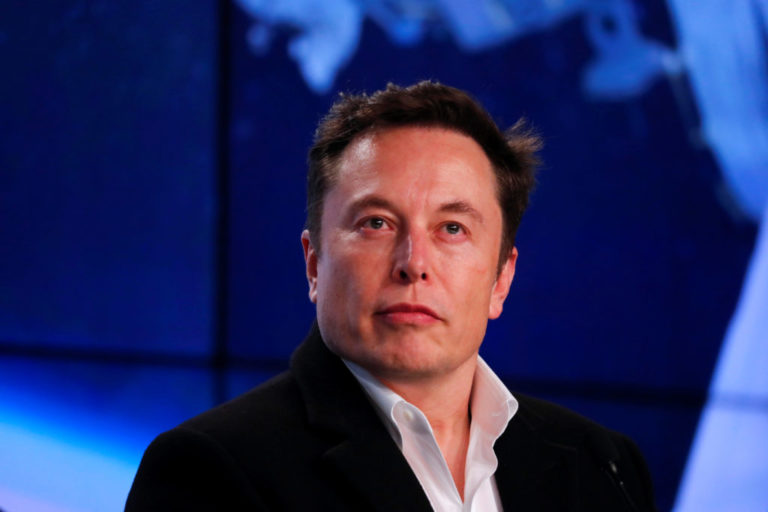
From pushing corporate messaging to aligning company’s artificial intelligence agendas, researchers courted by Silicon Valley’s big tech giants are now the ones deciding the future of technology. These AI researchers are also at the forefront of another type of arms race — the race to publish groundbreaking papers. Recently, a list was published by the University of Montreal where they had ranked computer science researchers according to the rate of citations. This list was led by three noted researchers Yoshua Bengio, Geoffrey Hinton and Yann LeCun with the highest rate of citations over the last one year.
Meet The Illustrious Group
Yoshua Bengio: Bengio has been credited for building AI technologies modelled on the human brain. The Montreal-based researcher is also known for his groundbreaking advancements in supervised and unsupervised learning. He heads the Montreal Institute for Learning Algorithms, and heads the Computer Science department at the University of Montreal. He topped the list with an overall score of 131 citations per day. In a recent presentation, Bengio talked about the workhorse of Deep Learning — Stochastic Gradient Descent, with a specific focus on how its variants can affect neural network optimisation and generalisation.
Geoffrey Hinton: University of Toronto’s Geoffrey Hinton, better known as the godfather of backpropagation, took the second slot with 127 citations per day. In 2017, Hinton who is also the Professor Emeritus at the University of Toronto and a Google researcher, overthrew his own work on backpropagation, the workhorse that is now powering most of the advances in AI field today, including Siri. Widely regarded for turning University of Toronto into an AI magnet for tech heavyweights, Hinton was also responsible for setting up Google’s branch in Toronto. Today, his inventions are powering speech recognition, driverless cars and image recognition.
Yann LeCun: Facebook’s Chief AI Scientist and the head of their research division snagged the third spot with 62 citations per day. LeCun who is also the Founding Director of the NYU Center for Data Science revolutionised unsupervised learning. He recently talked at length about the potential of unsupervised learning algorithms and explained how they differ from supervised and reinforcement learning algorithms.
 Andrew Zisserman: With 59 citations per day, British computer scientist Andrew Zisserman, a professor at the University of Oxford is well-known for his groundbreaking work in computer vision. He is also affiliated with Google-owned DeepMind. As part of this industry-academic collaboration, the University of Oxford received a significant grant contribution from the Mountain View tech giant. At the 2014 ImageNet competition Dr Karen Simonyan and Professor Zisserman developed one of the winning image-understanding systems.
Andrew Zisserman: With 59 citations per day, British computer scientist Andrew Zisserman, a professor at the University of Oxford is well-known for his groundbreaking work in computer vision. He is also affiliated with Google-owned DeepMind. As part of this industry-academic collaboration, the University of Oxford received a significant grant contribution from the Mountain View tech giant. At the 2014 ImageNet competition Dr Karen Simonyan and Professor Zisserman developed one of the winning image-understanding systems.
David Haussler: University of California’s David Haussler took the fifth spot with 48 citations per day. Hausler is the Scientific Director of Genomics Institute, at the University of California in Santa Cruz. Well-known for his research in the evolution of genomes, this American bioinformatician’s work is focused on developing computational and experimental tools to understand how human and other vertebrate genomes have evolved. Through his research, Haussler compares DNA from different species, so that he can determine how the genes’ structure, function, and regulation have changed. He has also been at the forefront of developing computational methods and empowering researchers to share genomic data, so that they can test new ideas efficiently and build on discoveries from other labs.
 Trevor Darrell: UC Berkeley’s Trevor Darrell, Professor of Computer Science at the Electrical Engineering and Computer Sciences department and the co-director of the Berkeley Artificial Intelligence Research lab (BEAR) is well-known for research in computer vision, perception-based human computer interfaces, natural language processing and computer graphics. Darrell ranked sixth on the list with 43 citations per day. A well-known deep learning researcher, Darrell’s lab is credited for creating the deep learning framework Caffe, widely used for building computer vision applications. In recognition of his work, which is aligned with the industry’s need for developing everyday products, Darrell was signed on by Nexar in 2017 — the world’s first company that provides over-the-top vehicle-to-vehicle (V2V) network that turns smartphones into AI dashcams. By providing immediate alerts, drivers can avoid collisions and impending dangers beyond the driver’s field of view.
Trevor Darrell: UC Berkeley’s Trevor Darrell, Professor of Computer Science at the Electrical Engineering and Computer Sciences department and the co-director of the Berkeley Artificial Intelligence Research lab (BEAR) is well-known for research in computer vision, perception-based human computer interfaces, natural language processing and computer graphics. Darrell ranked sixth on the list with 43 citations per day. A well-known deep learning researcher, Darrell’s lab is credited for creating the deep learning framework Caffe, widely used for building computer vision applications. In recognition of his work, which is aligned with the industry’s need for developing everyday products, Darrell was signed on by Nexar in 2017 — the world’s first company that provides over-the-top vehicle-to-vehicle (V2V) network that turns smartphones into AI dashcams. By providing immediate alerts, drivers can avoid collisions and impending dangers beyond the driver’s field of view.
























